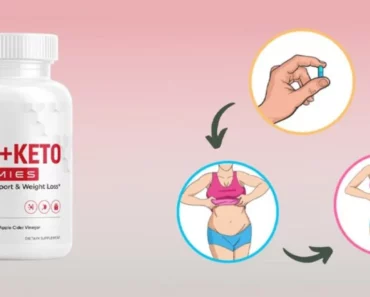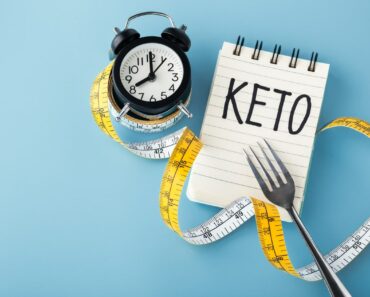About Keto Plan
The ketogenic diet, or keto for short, is a popular low-carb, high-fat diet that has gained a lot of attention in recent years. The basic principle behind the keto diet is to get your body into a state of ketosis, where it burns fat for energy instead of carbohydrates.
The main idea behind the keto diet is to drastically reduce your intake of carbohydrates, which are typically the body’s main source of energy. By reducing your carbohydrate intake to a very low level, your body will start to burn stored fat for energy, which can lead to weight loss.
To achieve ketosis, you typically need to reduce your carbohydrate intake to less than 50 grams per day. This means avoiding high-carb foods like bread, pasta, rice, and sugar, and instead focusing on eating foods that are high in healthy fats, such as avocados, nuts, and fatty fish.
In addition to reducing your carbohydrate intake, the keto diet also emphasizes eating a moderate amount of protein and a high amount of fat. This can include foods like eggs, cheese, butter, and olive oil.
While the keto diet has been shown to be effective for weight loss, it is important to note that it can be difficult to stick to for the long term. It can also be challenging to get all the nutrients your body needs on a low-carb, high-fat diet, so it is important to work with a healthcare provider or registered dietitian to ensure you are getting all the necessary nutrients.
The keto diet can also have side effects, such as fatigue, nausea, and constipation, especially during the initial transition period. However, many people report increased energy and improved mental clarity once they have adapted to the diet.
It is also worth noting that the keto diet may not be suitable for everyone, particularly those with certain medical conditions such as diabetes or kidney disease. It is important to speak with a healthcare provider before starting any new diet or exercise program.
In summary, the keto diet is a low-carb, high-fat diet that can be effective for weight loss and may have other health benefits. However, it is important to work with a healthcare provider or registered dietitian to ensure you are getting all the necessary nutrients and to monitor any potential side effects.
Furthermore, while the keto diet has been shown to be effective for weight loss, it is not a magic bullet. Sustainable weight loss requires a combination of healthy eating habits, regular physical activity, and a positive mindset.
The keto diet may also not be suitable for athletes or individuals who engage in high-intensity exercise, as carbohydrates are important for fueling these types of activities. In addition, the keto diet can be challenging for vegetarians and vegans, as many plant-based protein sources are also high in carbohydrates.
If you decide to try the keto diet, it is important to plan your meals carefully and make sure you are getting all the necessary nutrients. Focus on eating whole, unprocessed foods and avoid heavily processed and packaged foods, which are often high in carbohydrates and unhealthy fats.
Incorporating a variety of healthy fats into your diet, such as olive oil, avocados, and nuts, can also provide a range of health benefits, including improved heart health and better brain function.
Ultimately, the keto diet can be an effective way to achieve weight loss and improve overall health, but it is important to approach it with caution and to work with a healthcare provider or registered dietitian to ensure it is safe and appropriate for your individual needs.






